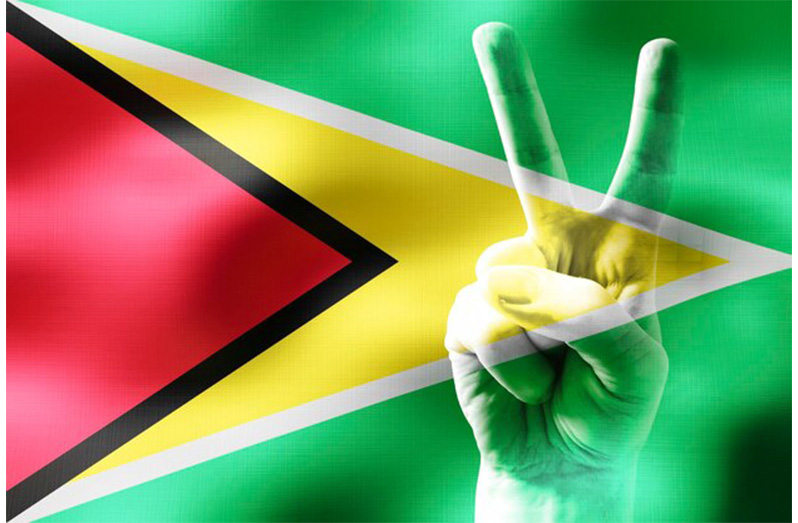GUYANA’S election history can teach us a great deal about how Guyanese vote and respond to the voting process. While voting is described as a democratic right, for many Guyanese, it is also a passionate and emotional process. Some familiar patterns and events often occur during Guyana’s election season — from unrest and tension between community members to heated debates on social media. In fact, it’s not uncommon for Guyanese to lose connections with friends, families, and colleagues during the election cycle due to a difference in opinions. In a country as tightly knit as ours, it is expected to experience heightened emotions when there is more division than unity.

I want to particularly highlight the fact that there is evidence of violence in all of our election cycles. Why does this always have to be a trend? Is there room for honest yet respectful dialogue between citizens without the need to physically or verbally harm each other by the end of it? Do we plan to add this election cycle to the existing list of divisive elections? Or do we plan to commit to collectively taking responsibility for our actions and responding to outcomes with respect and accountability? Can we vote without violence?
These are tough yet important questions to answer. I cannot answer all of them directly for Guyana as a nation. However, I can safely answer one important one: “Can we vote without violence?” — the answer is a resounding yes. I leave the responsibility upon you, the readers of this week’s column, to answer the other questions on what type of outcome this election cycle brings. Where democracy exists, so does the freedom of expression. As such, every citizen should be able to express their opinions without fear of violence from others. Violence discourages people from participating in public life during the election cycle. This should not be — it is their democratic right to participate if they see fit.
Unfortunately, it only takes a single “match” to set alight “flames” of uncertainty, tension and violence. The “match” refers to the tone and language used in communication. As the old Guyanese saying goes, “It’s not what you say, it’s how you say it.” I urge all media outlets, journalists, authority figures, politicians, leaders, and influencers to desist from hate speech or a tone that suggests the need for violence or intimidation. We can perform our own civic duty by “calling out” people when they incite violence or threats. It is also essential to fact-check every piece of information you intend to share, whether in person or online. Misinformation during Guyana’s election cycle will not support our need for a peaceful election.
I urge all political leaders to be a shining example of what it means to govern a united country. I am pleading with you all to remember that our country, in these upcoming times, will be at its most vulnerable and fragile state. I hope that you cement these “cracks” in our nation with words of empowerment, hope, and compassion. It is simply unjust to use these “cracks” of division to justify one’s claim to power. As we draw closer to Election Day, I hope we break the cycle of hurt and instead foster a renewed sense of peace and hope as we exercise our civic duty of voting.





.jpg)








